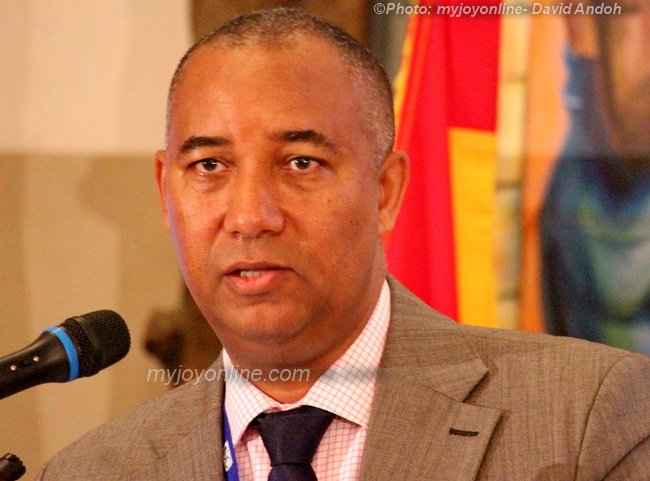The Millennium Development Authority (MiDA), the agency responsible for implementing the Millennium Challenge Corporation (MCC) programmes in Ghana, has pledged full support for the Trump Administration’s renewed focus on using the MCC to advance America’s strategic interests.
This endorsement followed an MCC Board of Directors meeting in Washington last week, where new partner countries were considered, ongoing projects reviewed, and the Corporation’s results-driven development model reaffirmed.
“MCC is an important tool to advance President Trump’s America First foreign policy agenda,” said Christopher Landau, U.S. Deputy Secretary of State and acting chair of the MCC Board. “With a focus on return on investment, an evidence-based approach, and a strict five-year implementation timeline, MCC ensures U.S. taxpayer dollars advance U.S. interests.”
In response, MiDA’s Chief Executive expressed Ghana’s readiness to align with MCC’s vision.
“MiDA will implement MCC projects that focus on return on investment, an evidence-based approach, and a strict five-year implementation timeline,” he said, pledging Ghana’s continued commitment to the partnership.
This renewed engagement comes after a major setback in 2019, when Ghana lost $190 million under the second tranche of the MCC Power Compact. The suspension followed the collapse of a 20-year concession agreement with Power Distribution Services (PDS), which was meant to bring private sector involvement into the Electricity Company of Ghana (ECG).
The U.S. government deemed the agreement non-credible, dealing a blow to Ghana’s energy reform agenda. MiDA, which oversaw the compact’s rollout, was at the center of the process.
Despite the setback, MiDA remains optimistic. “We believe the foundations laid under the Power Compact still hold value,” its Chief Executive noted. “Ghana remains committed to transparency, private sector involvement, and delivering results that align with MCC’s standards.”
As MCC doubles down on its strict, time-bound development model, MiDA is positioning itself as a reliable partner—seeking to ensure that future projects both advance Ghana’s development and align with U.S. strategic priorities abroad.



